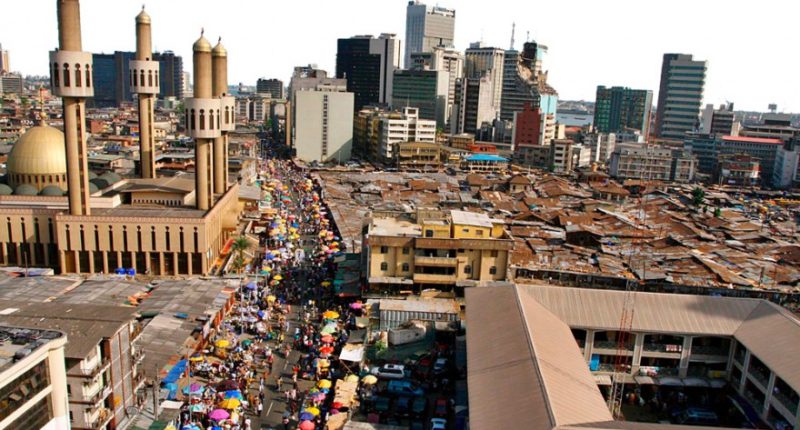It is no news that Nigeria’s economy has suffered a bad run in the last few months, despite the efforts by the Nigerian government and financial institutions. But what pointers reveal the exact state of the country’s economy?
The performance of Naira
Barely a month ago, the Naira fell to a record low of N710/$1 on the parallel market, after closing at N670/$1 less than 48 hours before. This morning the Naira traded at N697/$1 on the parallel market. This poor performance has greatly impacted the cost of goods and services, food, production cost and many more. The National Bureau of Statistics (NBS) pegged the country’s inflation rate for July at 19.64%, a 17 year high while food prices rose by 22.02%.
Although the exchange rate for Naira officially trades at around N430/$1, the forex scarcity in the country has denied many businesses and individuals access to foreign currencies. Therefore, they are forced to black market vendors who are exchanging between N650 and N700 per dollar.
Growing debts
The Minister of Finance, Dr Zainab Shamsuna Ahmed, stated that from January – April 2022 Nigeria’s debt servicing gulped 118% of its generated revenue. The 118% represents N1.94 trillion.
Revenue for the first four months of the year was N285.38 billion. And non-oil tax revenue summed up to N632.56 billion. The country also earned N298.83 billion and N102.97 billion from Companies Income Tax (CIT) and Value Added Tax (VAT).
This means that Nigeria’s revenue can no longer service the country’s existing debt due to insufficient earnings.
Foreign direct investment
The Central Bank of Nigeria (CBN) data shows that Nigeria’s foreign direct investment has fallen to $698.78 million due to an unfavorable business environment.
Twitter, Google AI lab and Fan milk, are a few multinational companies that have chosen Ghana over Nigeria in recent times for a headquarter or research lab. Other companies with operational bases in Nigeria are closing down their offices and factories and moving to other African countries to continue business. This trend is becoming a growing concern for the Nigerian government, as it implies Africa’s most populous country is becoming less attractive for business.

